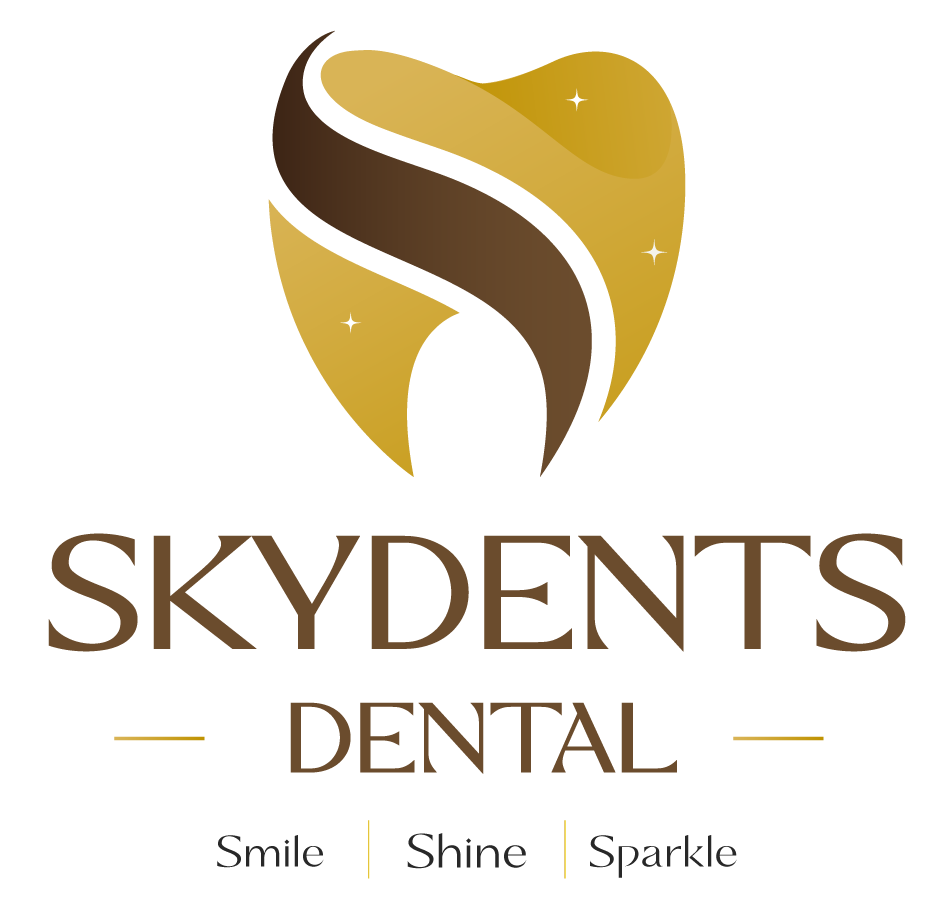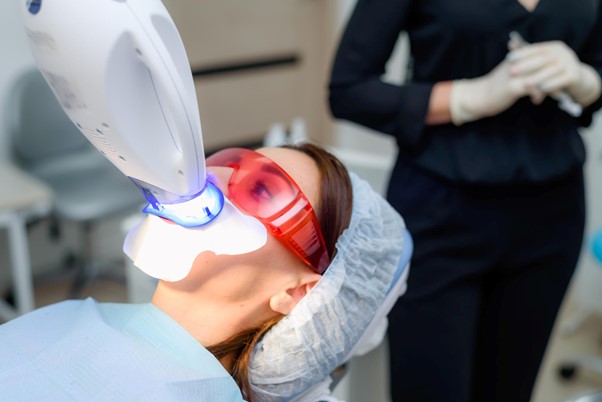Laser dentistry is changing the way dentists care for your teeth. This modern dental technology uses focused light beams to treat many dental problems. As a result, more people are choosing laser dental treatments for their comfort and safety. In this blog, you will learn about the main benefits of laser dentistry and how it can help you.
What is Laser Dentistry?
Laser dentistry uses special light beams, called lasers, to treat teeth and gums. Dentists use these lasers instead of traditional tools like drills or scalpels. Because of this, many dental procedures are now easier and less painful. The American Dental Association (ADA) supports the use of lasers for certain dental treatments.
How Does Laser Dentistry Work?
Laser dental treatments work by sending a strong, focused light to a small area in your mouth. This light can cut, shape, or remove tissue with great care. For example, dentists can use lasers to remove decay, treat gum disease, or whiten teeth. Since lasers are very precise, they only affect the area that needs treatment.
Key Benefits of Laser Dentistry for Dental Treatments
Less Pain and Discomfort: Many people feel less pain with laser dental treatments. In fact, some patients do not need anesthesia. This makes the visit easier and less stressful.Reduced Bleeding and Swelling: Lasers seal blood vessels as they work. Because of this, there is less bleeding and swelling during and after treatment.Faster Healing and Recovery: Since lasers are gentle and precise, your mouth heals faster. You can return to normal activities sooner.Lower Risk of Infection: The laser sterilizes the area as it treats it. Therefore, there is a lower chance of infection after your procedure.Greater Precision in Treatments: Lasers target only the problem area. This means healthy tissue is left untouched, which helps keep your mouth healthier overall.
Common Dental Procedures Using Laser Technology
Laser dentistry is used for many treatments. For example, dentists use lasers for:Removing tooth decayTreating gum diseaseWhitening teethReshaping gumsRemoving mouth soresBiopsies (taking small tissue samples)
Because laser dental treatments are so gentle, they are often used for both adults and children.
Safety and Effectiveness of Laser Dentistry
Laser dentistry is safe when performed by a trained dentist. The ADA and other dental groups support its use for many procedures. In addition, lasers reduce the need for stitches and lower the risk of infection. However, not all dental problems can be treated with lasers. Your dentist will decide if laser dental treatments are right for you.
Who Can Benefit from Laser Dentistry?
Many people can benefit from laser dentistry. For instance, those who fear dental drills or needles may feel more comfortable. Children and adults with sensitive teeth may also prefer laser dental treatments. Even people with certain health conditions may find laser dentistry safer and easier.
Considerations and Limitations
While laser dentistry has many advantages, it is not for everyone. Some treatments still need traditional tools. Also, laser dental treatments may cost more than regular methods. It is important to talk to your dentist about your options. They can explain if laser dentistry is the best choice for your needs.
Frequently Asked Questions (FAQ)
Is laser dentistry painful? Most people feel little to no pain during laser dental treatments. Some do not need anesthesia.Is laser dentistry safe? Yes, when done by a trained dentist, laser dentistry is safe and effective.Can all dental problems be treated with lasers? No, some issues still need traditional tools. Your dentist will guide you.Is laser dentistry more expensive? Sometimes, laser dental treatments cost more. However, the benefits may be worth it for many patients.How do I find laser dentistry near me? You can ask your local dental office or search online for “laser dentistry in [Your City].”
In summary, laser dentistry offers many benefits, such as less pain, faster healing, and greater safety. If you want to know if laser dental treatments are right for you, consult a qualified dentist for personalized advice.

